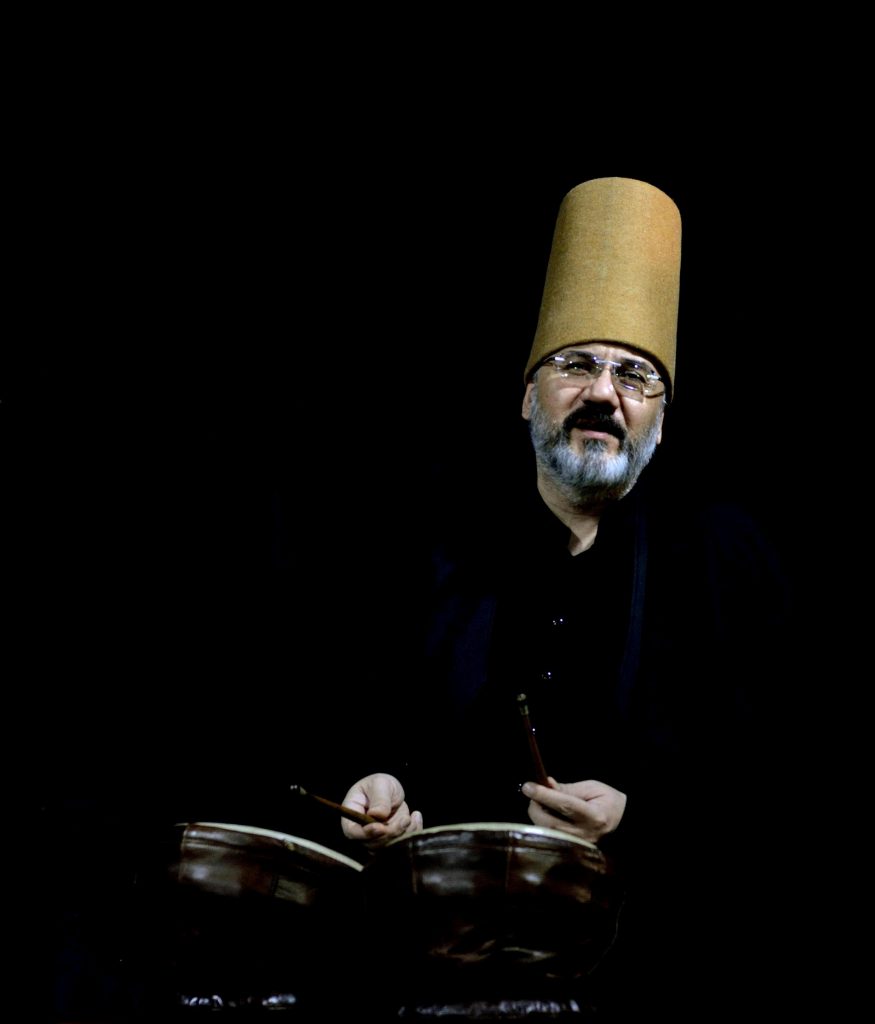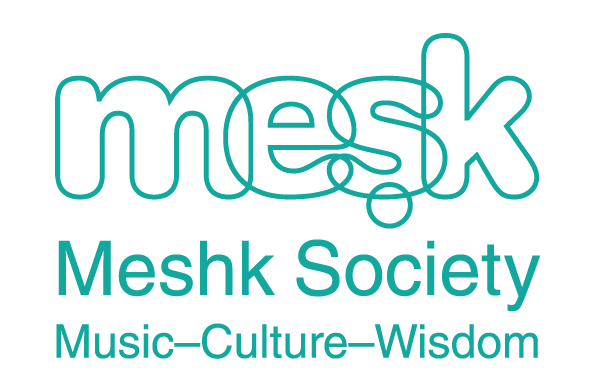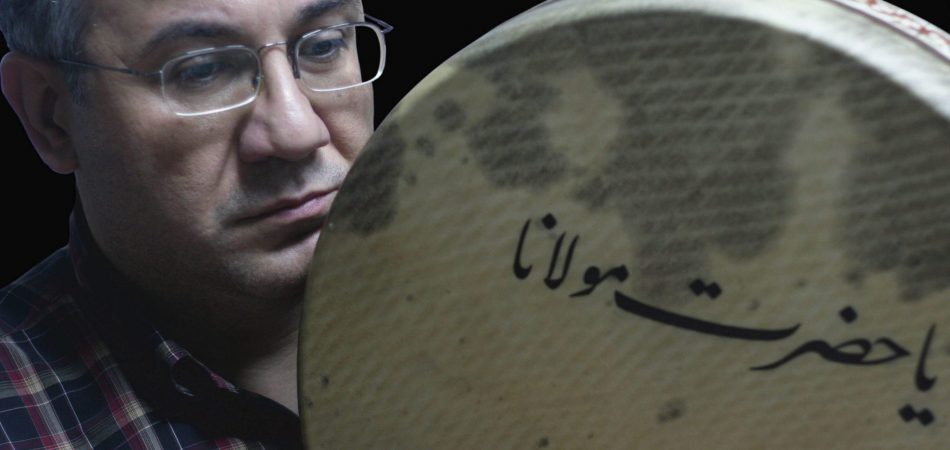Home
‘Aşk, olmayınca, Meşk olmaz!’
‘Without Aşk, there can be no Meşk!’
“Aşk” means love – so what then is “Meşk”?
We put the question to our teacher Timuçin Hoca and he explained:
Meşk is the traditional method by which music—and many other arts—are taught and passed from one generation to the next. Grounded in direct, one-to-one communication and interaction between teacher and learner, the system lets the student absorb not only technical skills but also the art’s heritage, stylistic nuances, and unwritten codes of conduct.First, the learner must seek out a teacher and ask to study together. The teacher, in turn, must find the learner suitable and agree to accept them. In other words, meşk requires mutual selection. Besides general requirements, a teacher may impose additional conditions unique to his own practice.
Foremost among the universal requirements is “Aşk”. Success in meşk rests on intense work and deep concentration. The student must channel all time and energy, day and night, into the practice, clearing heart and mind of everything else. Such total devotion is possible only through unconditional, powerful love. Hence, without Aşk, there can be no Meşk.
Yet Aşk alone is not enough. The learner must also possess keen intelligence, quick comprehension, innate talent, physical aptitude (perhaps even superiority), and dexterity — everything needed to thrive in meşk.
Traditionally, meşk unfolds face-to-face. The teacher explains and demonstrates; the student watches attentively, then imitates. The teacher corrects mistakes. They continue until the learner knows what the teacher knows and can do what the teacher can do. One priceless thing remains: experience — something the learner must cultivate independently afterward.
A hallmark of meşk is its emphasis on practice; theory serves only to support doing. The goal is not merely to make the student knowledgeable, but capable. In this practice-centered tradition, someone who cannot perform is not considered truly knowledgeable. Knowledge springs from practice — it does not produce practice.
Beyond skill transfer, meşk’s deeper role is to carry forward the traditions, styles, and behavioral codes of an art’s practitioners. By spending long stretches of time with the teacher, the learner observes, senses, and eventually embodies the teacher’s state of being. States are contagious; they spread. Thus, despite natural changes over time, a core way of perceiving, thinking, feeling, and living is handed down intact from generation to generation.
Meşk is an exceedingly humble practice, revolving around respect and love. It has a dual nature: the teacher meşks with the learner, and the learner meşks with the teacher — both engage, both evolve. Ultimately, teacher and learner alike become students and practitioners of “the true, absolute and singular Teacher”.
About Timuçin Çevikoğlu

Dr. Timuçin Çevikoğlu is a renowned Turkish vocalist and instrumentalist specializing in ney, kudûm and bendîr. With a Ph.D. in Musical Sciences, he has held prominent roles at the Turkish Ministry of Culture and contributed to establishing conservatories at Konya Selçuk and Afyon Kocatepe Universities. A respected researcher in Mevlevî music, he has performed internationally and published works on the tradition. He is currently the lead musician of the Meshk Ensemble and an active performer.


